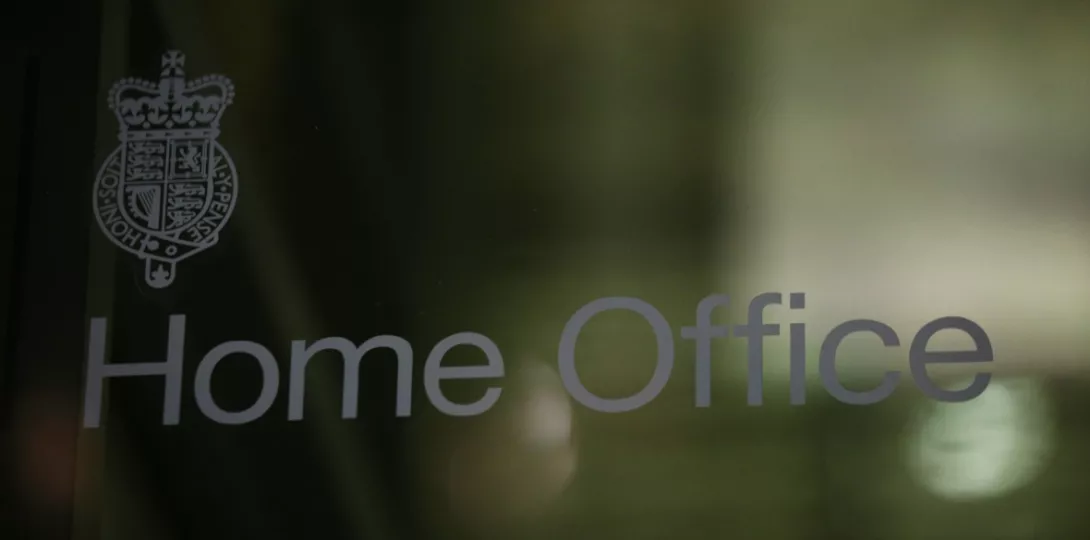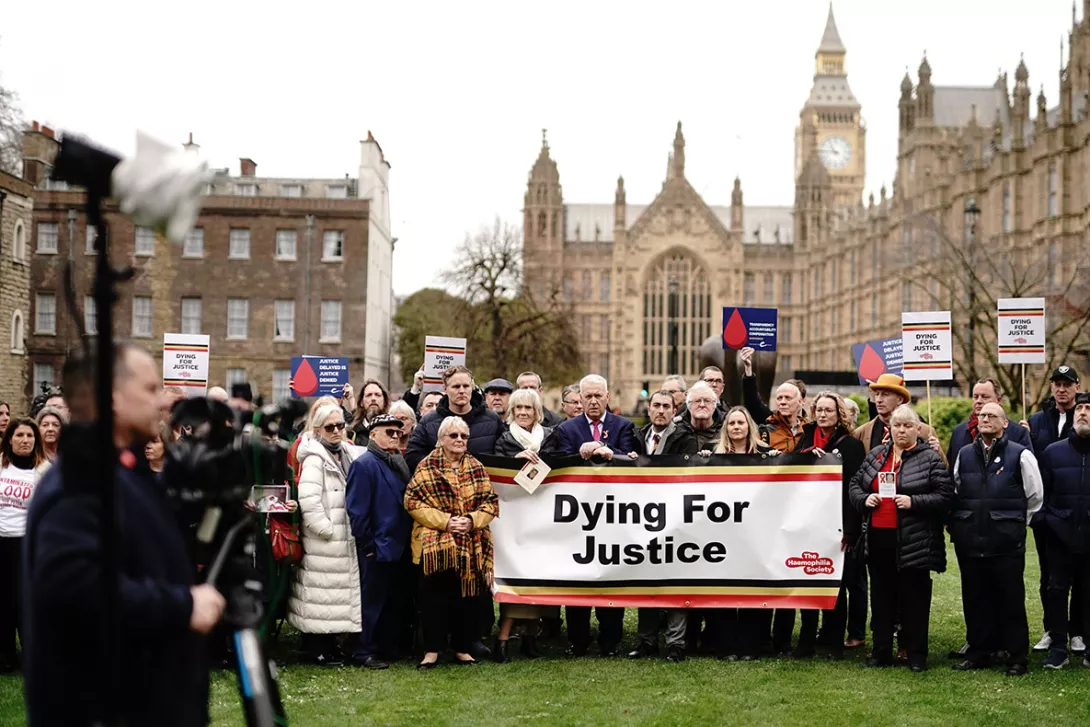Infected blood victims betrayed by ‘chilling’ cover-up, inquiry finds

VICTIMS of the blood scandal were betrayed by a “subtle, pervasive and chilling” cover-up made worse by a lack of transparency by PM Rishi Sunak’s government, a long-awaited final report found today.
Patients caught HIV and hepatitis as the authorities responsible for their care “not once but repeatedly” knowingly exposed them to unacceptable risks from contaminated blood products and transfusions.
More than 30,000 people were infected from 1970 to 1991 as a result, with 3,000 so far having since died.
More from this author

Palestine Solidarity Campaign director Ben Jamal denies breaching anti-protest laws
Similar stories

In a tragedy of medical arrogance and corporate greed, 3,000 people, including 500 children, died from infected blood — then their relatives faced evasions and cover-ups instead of justice and compensation, writes MICHAEL MORRISSEY















